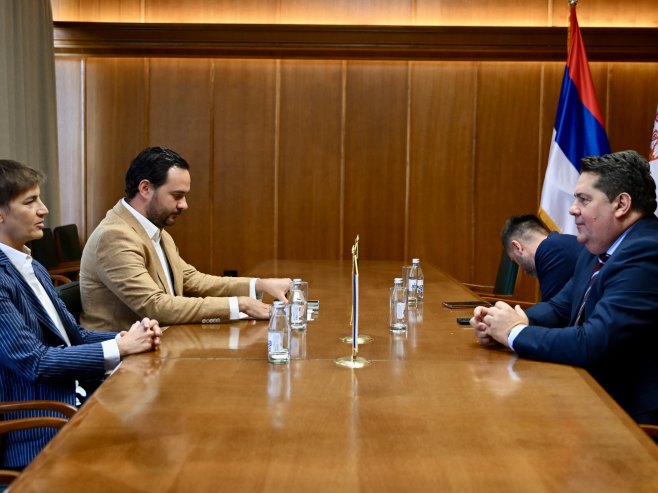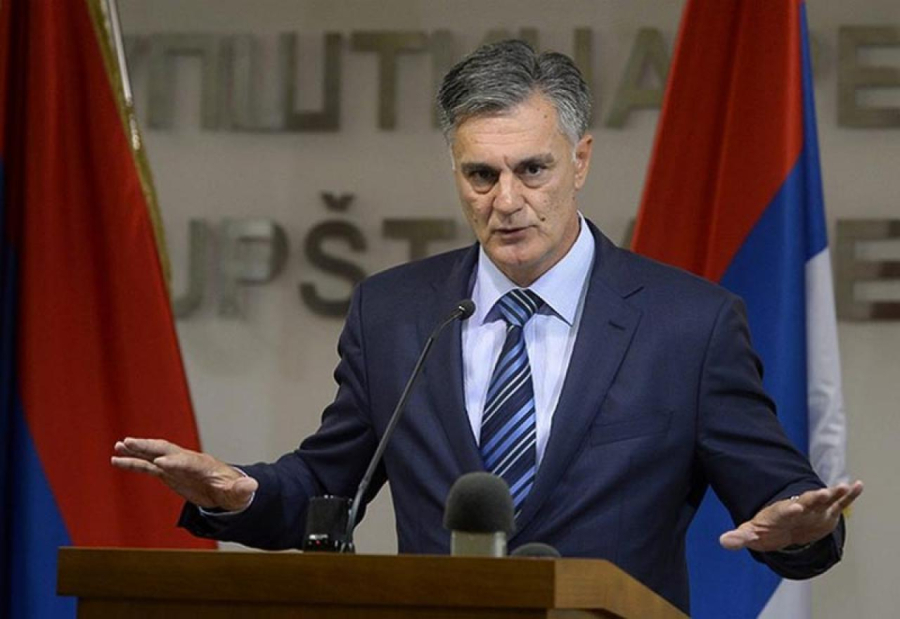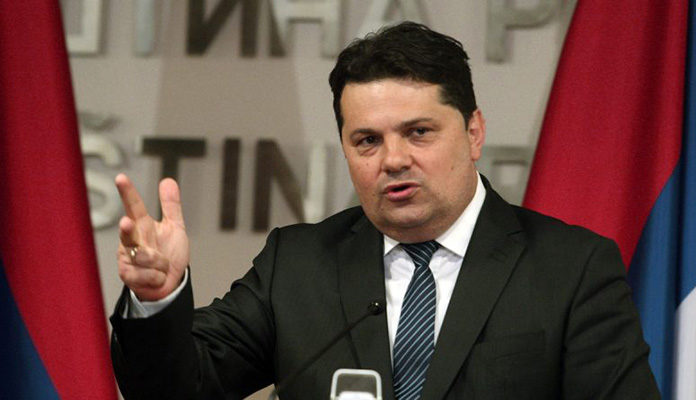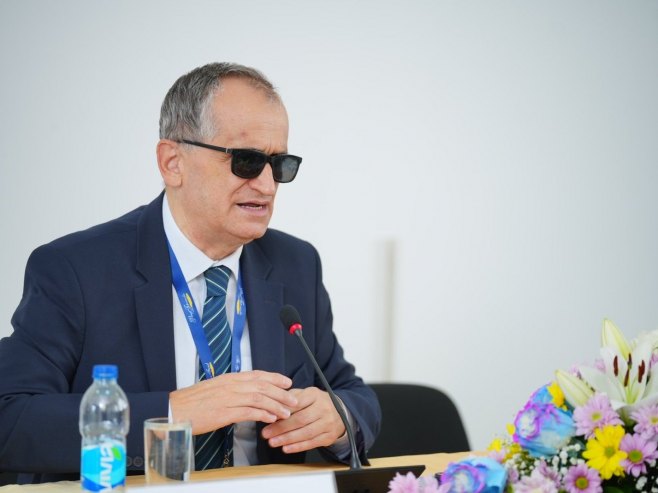From Dayton to today, I do not recall local elections in the Republic of Srpska being held under more complex and unfavorable political and formal-legal circumstances, emphasized Dragan Kalinić, former President of the National Assembly of the Republic of Srpska.
“In any normal country, elections represent the pinnacle of expressing the free democratic will of its citizens. This was the case in the years following the war, even when overseen by the OSCE and various observer missions, and they were conducted under laws adopted in domestic parliaments. It was popularly known as the ‘Festival of Democracy,'” Kalinić stated.
He stressed that today, under the conditions of a protectorate, elections have become the opposite of all that.
“The Election Law was imposed by a person without active legitimacy from the UN Security Council, in other words, a self-proclaimed high representative. The Central Election Commission (CEC) has usurped the responsibilities of the republican election commission, voter lists have not been updated (will the ‘deceased’ vote again?), and election boards and their presidents, despite proclamations, wear party colors. It seems there will again be ‘transporting’ of ballot boxes (with the assistance of the Armed Forces, as if we are in Africa) and counting votes beyond working hours. The introduction of experimental electronic voting, but only in predetermined locations. And the list goes on,” Kalinić added.
Kalinić pointed out that politically, these local elections are being held in a year of sanctions and political trials targeting primarily politicians from the Republic of Srpska, especially its strongest political party, with constant threats of political bans and economic penalties undermining the vital foundations of the country.
“All of this is being done alongside an unprecedented campaign by European and American anti-Serb elites. And, of course, with the enthusiastic support and cheerleading of domestic forces, not only from the so-called pro-Bosnian unitarist circles. Are these, then, legally and politically fair conditions for ‘celebrating the democratic right to free choice’? Of course not. That’s why the decision of the leading political subjects in Srpska to participate in the elections under such conditions was risky but seemingly the only possible one. Otherwise, the current disconnected political defenders, supported by prompters from political Sarajevo, could (following the Kosovan Kurti model) take power in numerous municipalities in Srpska, potentially leading down a path that jeopardizes the very survival of our country as an independent, free, and democratic republic of the Serbian people in Bosnia and Herzegovina. They could also permanently reinforce the border on the Drina River and once again separate us from our homeland. Overnight, we would forget all those who paid the highest price defending our homes and securing our freedom,” Kalinić emphasized.
He further stated that elections, including these local ones, are not merely a democratic issue but also a profoundly national one.
“These are two sides of the same coin. Civic-democratic rights must not nullify our national identity. They are not in conflict. On the contrary, in confederal unions like Bosnia and Herzegovina, as envisioned by the original Dayton Agreement, one does not exclude the other. To conclude: ‘Even in local elections, the Republic of Srpska is defended, along with its democratic and national essence,'” Kalinić noted.
He added that Srpska is being defended through these elections, from the local level to the republican level.
“Every reasonable person understands that a house is stable only when it is intact from the foundation to the roof. Therefore, it is unreasonable, though not impossible, that after these elections, some parties from Srpska, in their quest for power—even at the cost of losing their national identity—will easily enter into coalitions at the local level with pro-Bosnian (unitarist) parties. The primary target of such anti-Serb alliances will be the expropriation of Srpska’s local assets to the state level of Bosnia and Herzegovina. Just wait and see! That’s why the example of a coalition of all Serbian parties for the local elections in Srebrenica, to secure the victory of a joint candidate, is something that, if there were wisdom and fortune, could be applied in other municipalities as well,” concluded Dragan Kalinić.
Source: RTRS








